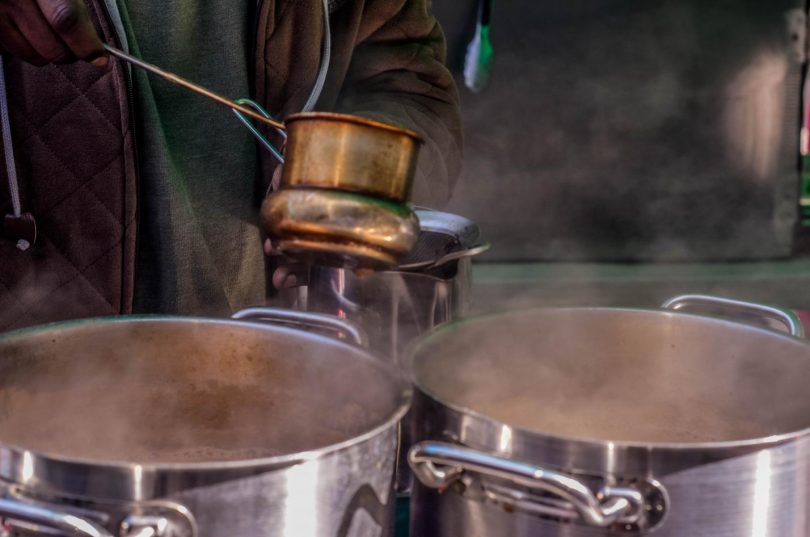According to the UN’s refugee agency, the number of refugees who have fled Syria since the beginning of the war, six years ago, is equal to five million people. According to the International Rescue Committee, another “1.2 million people [are] seeking safety in Europe”.
Chaigaram
Pranav Chopra, London-based consultant and founder of Chaigaram, found himself in search of a solution to help refugees to integrate them in their new society after watching a BBC HARDtalk program. The TV documentary showed an Iraqi family going back to their country after spending two-three years to get to Germany. Pranav’s research led him to find that hate crime against refugees can be quite prominent and that there is a strong lack of integration.
In order to improve the integration base of people, there’s three key angles: “the education piece because a lot of migrants especially in the refugee status, are uneducated simply because they just had to leave whatever they had, and they left”, Pranav Chopra explains. Another one is language, we need to educate them with the local language to help them settle in. He states that the, “one overall thing that ties it all is employment. If you provide employment to someone, they can practice their language”.
We've rebranded! Welcome everyone to NEMI – wider product range and more refugees on board – super excited #nemiteas pic.twitter.com/IJCrCV0rHy
— NEMI (@chaigaramuk) September 5, 2017
Tea
Potentially, when starting a new business, the idea comes first and then may you might link up with a social angle. Pranav tells me that “for chaigaram, it’s the other way around, it started with the social angle”. The word chai (tea) comes from the Persian چای chay, which originated from the Chinese word for tea 茶chá. Chaigaram sells chai, blends made by refugees in different food markets. They also sell chai syrup that you can use for ice teas, cocktails.
So the founder of this business is using chai in order to give jobs to refugees, to allow them to practice their english. Through NEMI; chaigaram's new identity, the refugees become more and more confident. For a lot of people in this situation, “the mindset tends to be no one wants me”. Pranav continues by saying that this is the case because “no one is letting you work, no one is giving you a visa to live, so your confidence is all time low”.
“Anwar (from Sudan), he’s quite confident. He’s a journalist, a highly skilled journalist. He worked like 30 years, and he’s looking for a job, because we’re quite small, we help each refugees at a personal level, like I asked him ‘hey you should write a blog entry, after TEDxUAL and take some photos. Write a blog entry, we’ll publish it on our website, or we can give you that blog, publish it here and link all the refugee bodies, all the magazine, so trying to link him up with a job to showcase his work."
NEMI is a case study for people to understand that you don’t need big ideas to make a social impact, it can be as simple as tea. As Pranav said: “I’m sort of just using the power of tea because I like simplicity ,I’m trying to change the world with tea and water.”
For now, you can find it in food markets which are run by a refugee and one local member of the community to help with communication. Overtime, after they’re trained, they can own the business.









